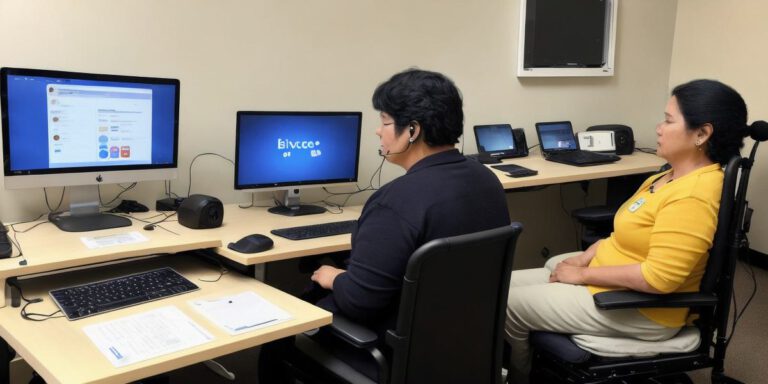Can Anyone Clone My Voice?

As AI technology continues to advance, one area that has gained significant attention is voice cloning. Voice cloning is the process of using AI algorithms to create a digital replica of a person’s voice. While this technology may seem harmless at first glance, there are serious concerns about its potential misuse. In this article, we will explore the pros and cons of voice cloning, as well as some real-life examples of how it has been used in the past.
Pros of Voice Cloning
There are several potential benefits to voice cloning technology. For example, it could be used to create personalized greetings or messages for customers. It could also be used in advertising and marketing campaigns to add a more realistic touch. Additionally, it could be used in video games and other forms of entertainment to create more lifelike characters.
Cons of Voice Cloning
Despite these potential benefits, there are also significant concerns about the use of voice cloning technology. One major concern is the potential for misuse. For example, a person’s voice could be used to impersonate them and spread false information or engage in fraudulent activities. Additionally, there are concerns about privacy, as it may be possible to create a digital replica of someone’s voice without their knowledge or consent.
Real-Life Examples
There have been several real-life examples of voice cloning being used in the past. One notable example is the use of a voice clone to impersonate former President Barack Obama during a phone call to a voter. This led to significant controversy and raised concerns about the potential for political manipulation.
Another example is the use of voice cloning technology in the entertainment industry. For instance, in the movie "The Social Network," the actor Jesse Eisenberg’s voice was used to create a digital replica of Mark Zuckerberg’s voice for a scene where he was impersonated by another character.
Research and Experiments
There have been several studies and experiments conducted on voice cloning technology. For example, a study published in the journal "Nature Communications" demonstrated that it is possible to create a digital replica of someone’s voice with just a few minutes of recorded audio. Additionally, some experts believe that voice cloning technology could be used to create highly convincing fake audio and video footage, which could have significant implications for politics and other areas.
FAQs
Some common questions about voice cloning include:
- Is it possible to clone someone’s voice without their knowledge or consent?
- What are the potential risks associated with voice cloning technology?
- How is voice cloning technology used in advertising and marketing campaigns?
Summary
In conclusion, voice cloning technology is an emerging area of AI that has both potential benefits and serious concerns about its potential misuse. While there have been some real-life examples of voice cloning being used in the past, there are also significant challenges that must be addressed to ensure the responsible use of this technology. As AI continues to advance, it will be important for society to carefully consider the implications of new technologies and develop appropriate safeguards to protect individual privacy and prevent misuse.








